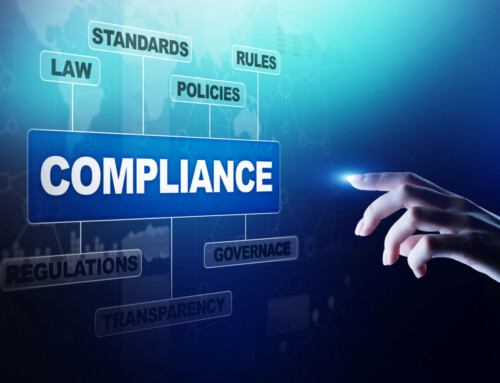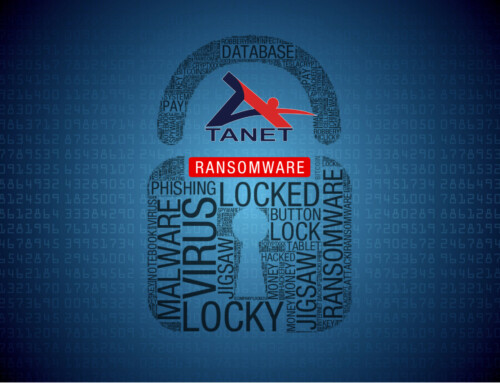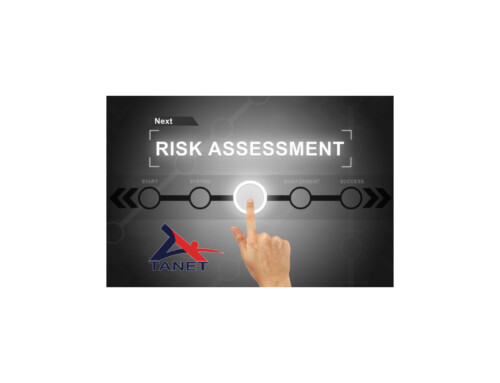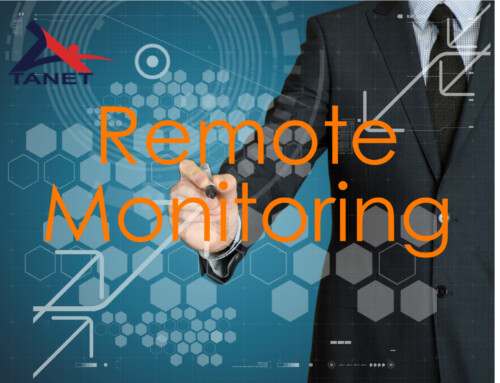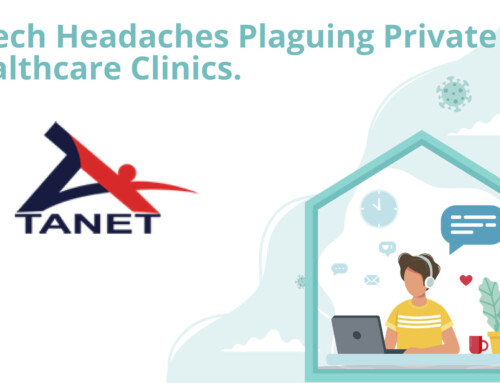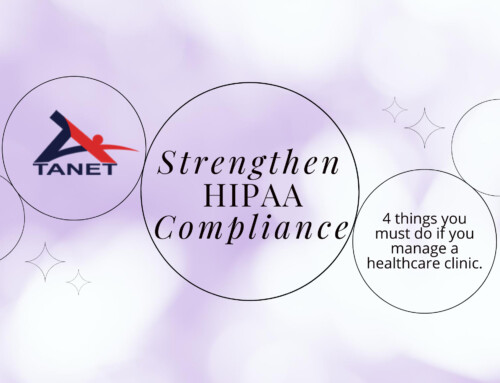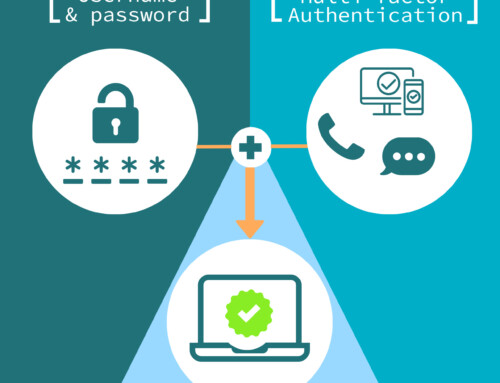In an era dominated by technological advancements, the healthcare sector stands at the forefront of innovation. With the integration of electronic health records (EHRs), telemedicine, and interconnected medical devices, the industry has made significant strides in improving patient care. However, this digital transformation also brings to the forefront critical concerns regarding data privacy and security. In this blog post, we will delve into the complexities of safeguarding sensitive healthcare information, exploring the challenges and solutions that shape the landscape of data protection in the healthcare context.
The Significance of Data Privacy in Healthcare: Healthcare providers collect and process an extensive array of personal and health-related data from patients. From medical history to diagnostic reports, this information is invaluable for delivering effective and personalized care. However, the sensitivity of healthcare data makes it a prime target for cyber threats and unauthorized access. Protecting patient privacy is not only an ethical imperative but is also mandated by laws such as the Health Insurance Portability and Accountability Act (HIPAA) in the United States and the General Data Protection Regulation (GDPR) in the European Union.
Challenges in Maintaining Data Security:
- Cyber Threats and Attacks: The healthcare industry has witnessed a surge in cyber-attacks, with hackers exploiting vulnerabilities in outdated systems or using sophisticated ransomware to encrypt sensitive data. These attacks not only compromise patient privacy but also disrupt critical healthcare services.
- Interconnected Ecosystems: The interconnected nature of healthcare systems poses a challenge in maintaining data security. With information flowing between hospitals, clinics, laboratories, and insurance providers, any weak link in the chain can potentially expose vast amounts of sensitive data.
- Insider Threats: Insider threats, whether intentional or unintentional, remain a significant concern. Employees with access to sensitive information may inadvertently compromise data security through negligence, or in some cases, act with malicious intent.
Safeguarding Healthcare Data:
- Encryption and Secure Communication: Implementing robust encryption protocols for data in transit and at rest helps safeguard patient information. Secure communication channels between healthcare entities ensure that sensitive data is not intercepted or tampered with during transmission.
- Regular Security Audits and Updates: Conducting regular security audits helps identify vulnerabilities in the system. Promptly addressing these weaknesses through software updates and patches is crucial for staying one step ahead of potential cyber threats.
- Employee Training and Awareness: Education and awareness programs for healthcare professionals play a pivotal role in mitigating insider threats. Training employees on best practices, recognizing phishing attempts, and emphasizing the importance of data security foster a culture of vigilance.
Conclusion: As healthcare continues to embrace digital transformation, the safeguarding of patient data becomes an ever more critical imperative. The industry must remain proactive in addressing the evolving landscape of cyber threats, adopting robust measures to ensure data privacy and security. By staying abreast of technological advancements and fostering a culture of awareness, healthcare providers can uphold their commitment to patient well-being while navigating the complex terrain of digital information protection.








